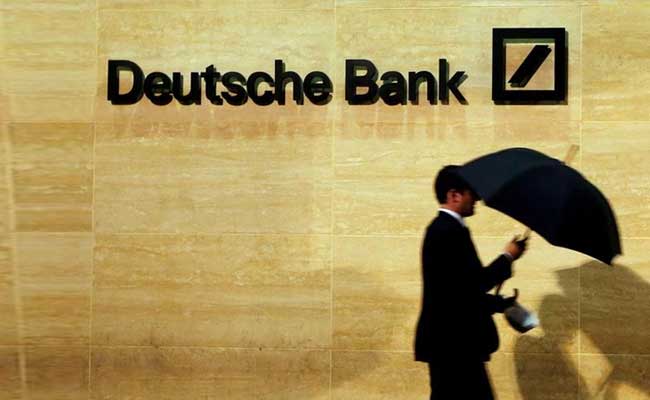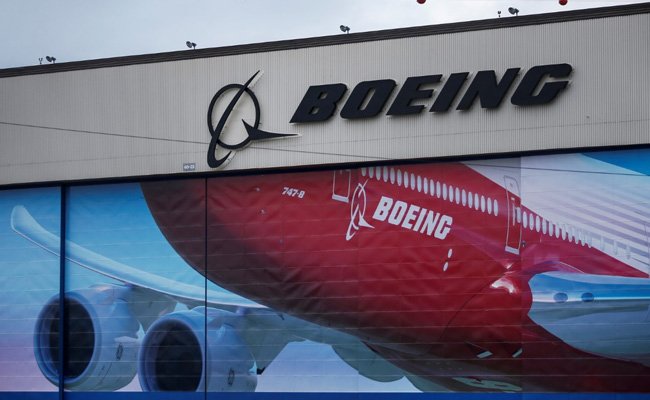
Shares in Deutsche Bank fell heavily on Friday on the lender’s surging cost of default cover, reigniting fears about a widening banking sector crisis.
Germany’s biggest lender dropped more than 14 percent on the Frankfurt Stock Exchange in early trade, before clawing back ground to close 8.5 percent lower, at 8.54 euros.
The cost of insuring the bank’s debt against a risk of defaulting — so-called credit default swaps — has surged as investors fret about the banking sector’s health.
Long-troubled Deutsche Bank has become the focus of investor concerns after the collapse of three regional US lenders and the enforced takeover of Credit Suisse by rival UBS triggered market turmoil earlier this month.
Deutsche’s cross-town rival Commerzbank also fared poorly, dropping 8.5 percent in early trade, before winning back ground to close 5.45 percent off at 8.88 euros.
The German banks led falls among lenders across Europe, with Societe Generale and BNP Paribas in Paris, and several banks in London among those tumbling.
German Chancellor Olaf Scholz however offered reassurances about Deutsche Bank, saying the lender had “modernised and organised the way it works. It’s a very profitable bank. There is no reason to be concerned”.
Speaking in Brussels after a summit of EU leaders, he also said the European banking system was “stable”, with strict rules and regulations.
Deutsche Bank also said Friday it would redeem $1.5 billion in tier 2 bonds early — such a move is normally aimed at boosting confidence in a bank, although its shares plunged regardless.
The bank was hit by a string of problems linked to its pre-2008 crisis attempts to compete with Wall Street investment banking giants.
But it launched a major restructuring, which involved thousands of job cuts and a greater focus on Europe, and has returned to financial health — last year, it booked its highest annual profit since 2007.
Tumbling bank stocks dragged down markets across Europe Friday.
Contagion fears re-emerged after central banks pushed on with monetary tightening as they focused on fighting inflation — even though the troubles in the banking sector have been linked to their rate hikes.
|
ough the troubles in the banking sector have been linked to their rate hikes. |
(Except for the headline, this story has not been edited by NDTV staff and is published from a syndicated feed.)




